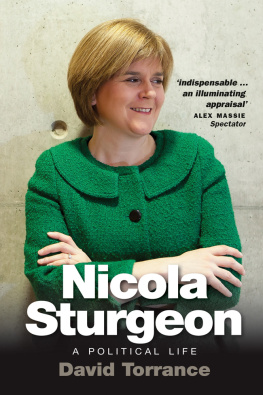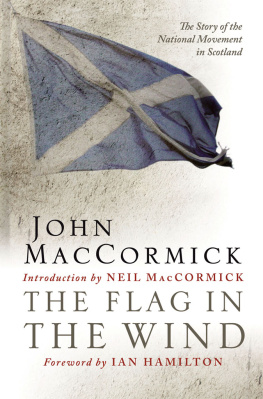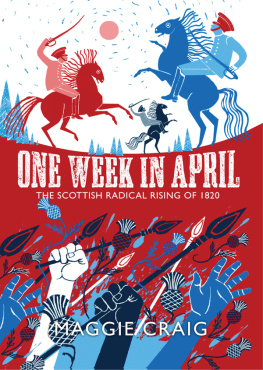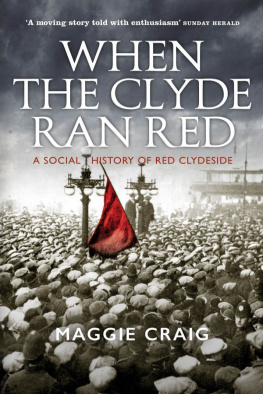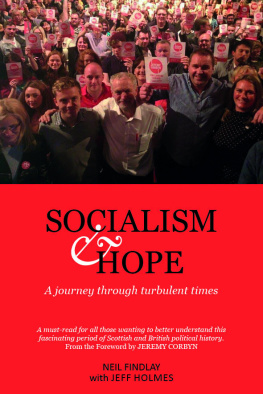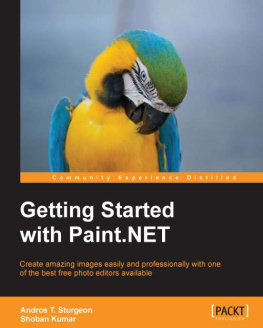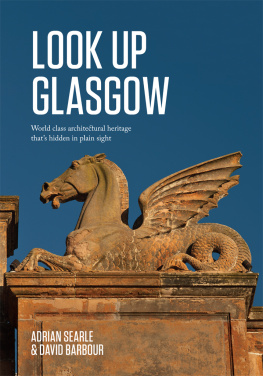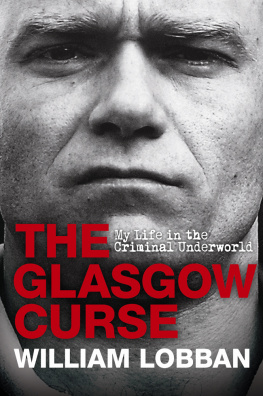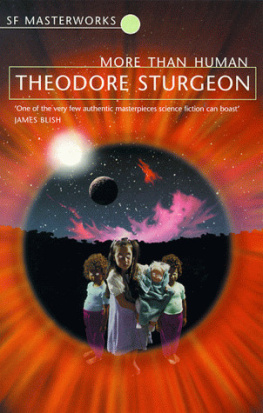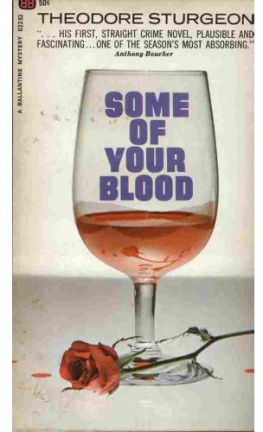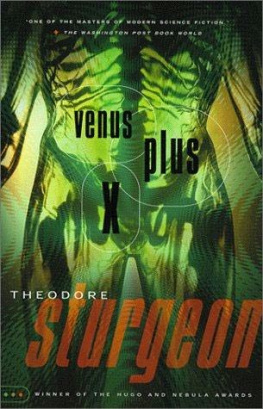Nicola Sturgeon
David Torrance was born and brought up in Edinburgh and educated at Leith Academy, the University of Aberdeen and Cardiff School of Journalism. He was formerly political reporter for STV and is now a freelance writer, journalist and broadcaster. He lives in London.
By the same author
The Scottish Secretaries (Birlinn, 2006)
George Younger: A Life Well Lived (Birlinn, 2008)
We in Scotland: Thatcherism in a Cold Climate (Birlinn, 2009)
Noel Skelton and the Property-Owning Democracy (Biteback, 2010)
Inside Edinburgh: Discovering the Classic Interiors of Edinburgh (Birlinn, 2010)
Salmond: Against the Odds (Birlinn, 2010, 2011 & 2015)
Great Scottish Speeches I (ed.) (Luath Press, 2011)
David Steel: Rising Hope to Elder Statesman (Biteback, 2012)
Whatever Happened to Tory Scotland? (ed.) (Edinburgh University Press, 2012) (with Steve Richmond)
The Battle for Britain: Scotland and the Independence Referendum (Biteback, 2013)
Great Scottish Speeches II (ed.) (Luath Press, 2013)
Britain Rebooted: Scotland in a Federal Union (Luath Press, 2014 & 2015)
Scotlands Referendum: A Guide for Voters (Luath Press, 2014) (with Jamie Maxwell)
100 Days of Hope and Fear: How Scotlands Referendum Was Lost and Won (Luath Press, 2014)
First published in 2015 by
Birlinn Limited
West Newington House
10 Newington Road
Edinburgh
EH9 1QS
www.birlinn.co.uk
Copyright David Torrance 2015
The moral right of David Torrance to be identified as the author of this work has been asserted by him in accordance with the Copyright, Designs and Patents Act 1988.
All rights reserved.
No part of this publication may be reproduced, stored or transmitted in any form without the express written permission of the publisher.
ISBN: 978 1 78027 296 2
eISBN: 978 0 85790 846 9
British Library Cataloguing-in-Publication Data
A catalogue record for this book is available from the British Library
Typeset by Iolaire Typesetting, Newtonmore
Printed and bound by Bell & Bain Ltd, Glasgow
Contents
List of Illustrations
Preface
It is notoriously difficult to produce a biography of a serving politician. My previous study of the last First Minister (Salmond: Against the Odds) was not perfect when it first appeared in the autumn of 2010, and an updated paperback edition in 2011 also suffered from having been written amid ever-changing events. But such biographies are arguably necessary; more ought to be known of governing men and women beyond an occasional newspaper profile or their official CVs.
Nicola Sturgeon is new to the office of First Minister but is also, despite only being in her mid 40s, a political veteran. She first joined the party she now leads almost 30 years ago, has been a Member of the Scottish Parliament for around 16 years and a senior minister for half that time. That, by any measurement, is a long career, yet one that remains underexamined. At the same time, this is what might be classified as an interim biography an initial distillation of the available (but frustratingly limited) sources.
I make no grand claims about what follows for, as close readers will note, it mainly comprises contemporary newspaper coverage augmented by interviews and also some useful academic and journalistic secondary sources. I did approach the First Minister for a background interview, although for understandable reasons she declined, and thus this is a fully unauthorised biography. Sturgeon, however, did not seek to prevent people from speaking to me indeed those who sought her permission were usually told to go ahead. For that I am grateful for they often provided otherwise unavailable details and insights.
Nor do I claim to really know my subject; rather I have done what biographers do: reached conclusions based on having observed Sturgeon as a politician for around 15 years, numerous conversations with acquaintances (some closer than others) and what I hope is a judicious interpretation of her public utterances covering an even longer period. Indeed, my biographical style has always been to let my subjects speak through extensive quotation so the reader can get a feel for the politician through their own words.
In an undoubtedly mischievous letter to the Herald on 23 September 2014, Alex Salmond sought to redefine standard conceptions of what constitutes biography. First, he said, in response to a critical column I had written the day before, I hardly know David Torrance, while second, and much more problematically for a biographer he doesnt know me at all.
Intimacy between writer and subject, however, is rare. James Boswell, one of the earliest modern biographers, certainly knew Dr Johnson, but he was an exception; the Salmond criteria would render the vast majority of extant biographies not least historical works redundant.
More to the point, authorised works written by friends tend, with honourable exceptions, to be unreliable, inevitably glossing over difficult areas and shirking from criticism. Many even veer into hagiography, which might suit the subject while arguably neglecting the genres broader aims. I first interviewed Nicola Sturgeon at length in 2003 and, most recently, towards the end of 2013, with only sporadic professional contact in between. But that to me is a strength rather than a weakness, having allowed me to take a step back and therefore deliver a more detached assessment of her as a politician. To reduce biography, as Salmond attempted to do, to an arbitrary judgement as to how well the writer knows their subject is to miss the point entirely.
As ever, this biography would not have been possible without the contributions of others, most notably friends and colleagues of the subject. In alphabetical order Alex Bell, Fergus Bell, Ian Blackford, Dr John Boyle, Niall Bradley, Sir Harry Burns, Craig Cathcart, Malcolm Chisholm MSP, Ewan Crawford, Mike Dailly, Ian Duncan MEP, Jim Gray, Stephen Harte, Patrick Harvie MSP, Gerry Hassan, Fiona Hyslop MSP, John McAllion, Campbell Martin, Iain Martin, Claire Mitchell QC, Michael Moore MP, David Mundell MP, Calum Smith, Susan Stewart, Caroline Summers, Kay Ullrich, Cliff Williamson and Andrew Wilson all gave willingly of their time and memories, as well as several others who wished to remain anonymous. Staff at the Glasgow University Archives, meanwhile, helped me locate sources relating to Sturgeons undergraduate career.
My own friends and colleagues also provided assistance, both directly and indirectly. Ian Swanson helpfully facilitated access to contemporary news sources, Ian Smart and Alf Young put me in touch with contacts who knew and worked with Sturgeon in her pre-political career, while Murdo Fraser MSP and D. J. MacDonald, Michael Watt, John McVie and Claire Stewart of STV provided access to archive television material. Kerry Black at The Scotsman Publications also helped me track down appropriate photographs for the plates sections, while Tom Gordon of the Sunday Herald kindly let me consult his notes from several long interviews with Sturgeon. Others also read and offered comments on various draft chapters: Helen Puttick, Dr Peter Lynch, Kenny Farquharson, Stephen Boyd, Michael Torrance, Lucy Hunter Blackburn, Douglas Pattullo and particularly Euan McColm all provided additional insights into Sturgeons career while saving me from several silly errors. Inevitably some will remain, for which the responsibility is of course mine.

